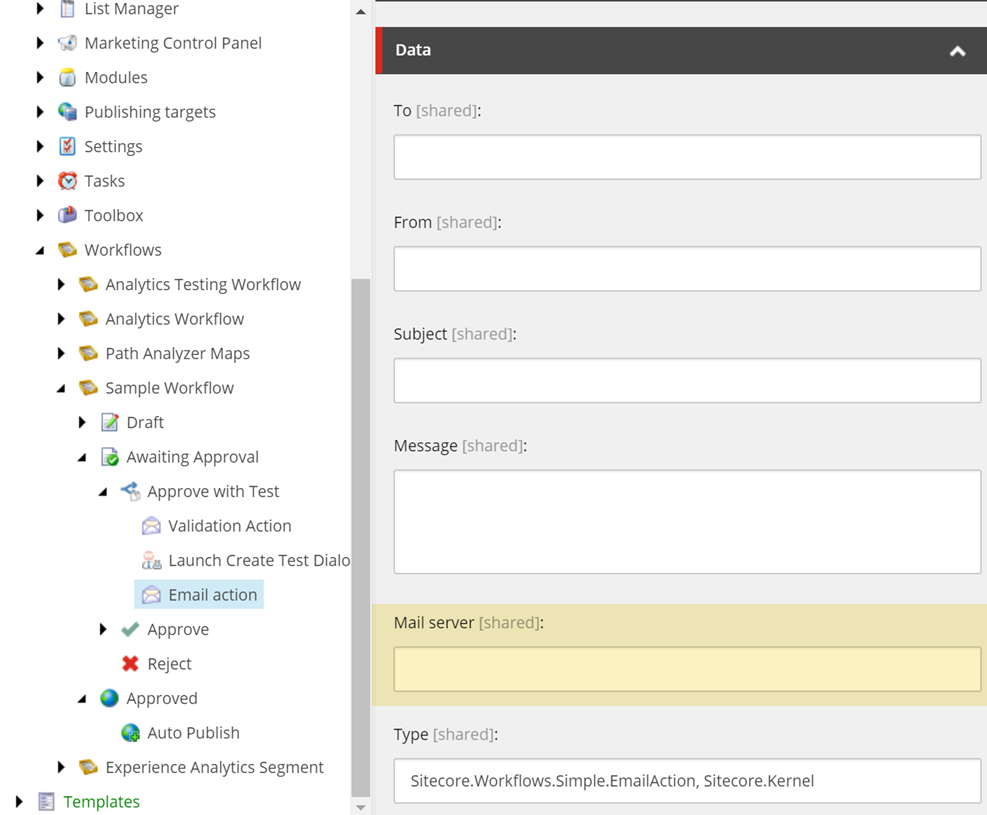The documents you have linked to explain the difference between Sitecore Email Cloud and Custom SMTP. At a basic level, both providers allow you to do the same thing which is to send some emails, but each has it's own features. Sitecore Email Cloud is a paid for service, whereas it is up to you which Custom SMTP service you use. The answer from @Vlad also describes how to switch between the providers in Sitecore 9.
If you are trying to configure the mail server in order to send emails using the default Email Workflow Action created using /sitecore/templates/System/Workflow/Email action then you do not need to worry about the Sitecore Email Cloud or Custom SMTP settings, and you should specify the SMTP details in the Mail server field of the Workflow Action.
Those settings are more relevant for Email Experience Manager and anything which uses this module to send (mainly bulk) email.
The default Workflow Email implementation is Sitecore.Workflows.Simple.EmailAction in Sitecore.Kernel.dll and this sends email using the SmtpClient class. The implementation is very crude IMO, and you would better providing your own implementation allowing the use of an empty SmtpClient constructor to use the configuration settings from web.config.
Alternatively, you can use the Sitecore.MainUtil.SendMail(MailMessage message) helper which will allow you to set and use the MailMessage message, MailServerUserName, MailServerPassword and MailServerPort settings from the default Sitecore config. Both these are ideal for simple system messages and notifications (EXM is better for more complex emails and campaigns). These settings are NOT used by Sitecore Cloud Email or Custom SMTP which use their own configuration.
